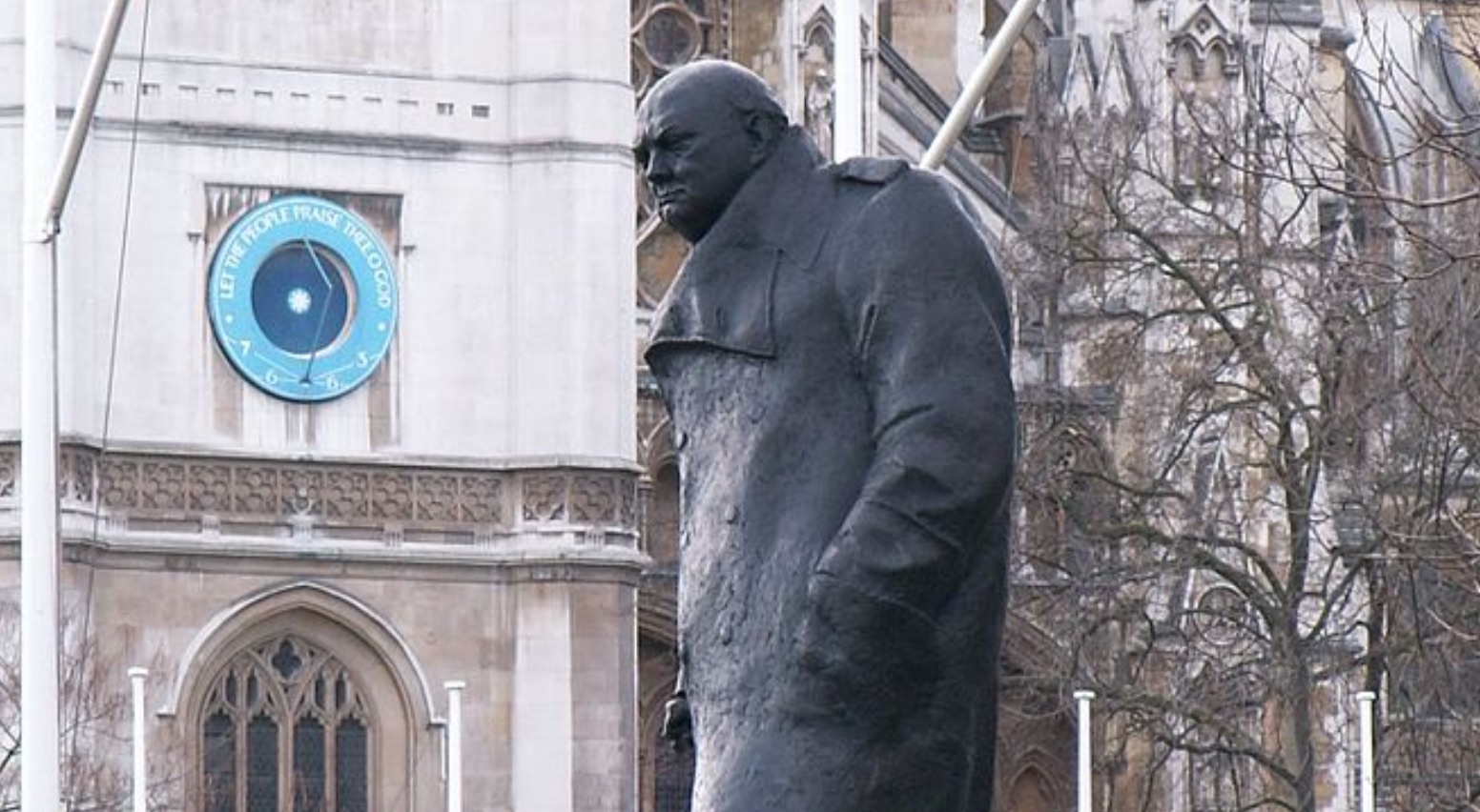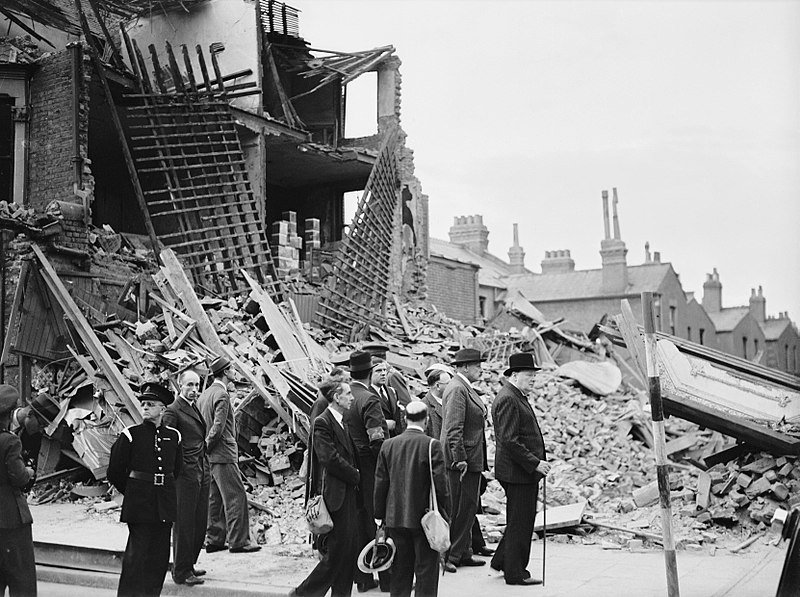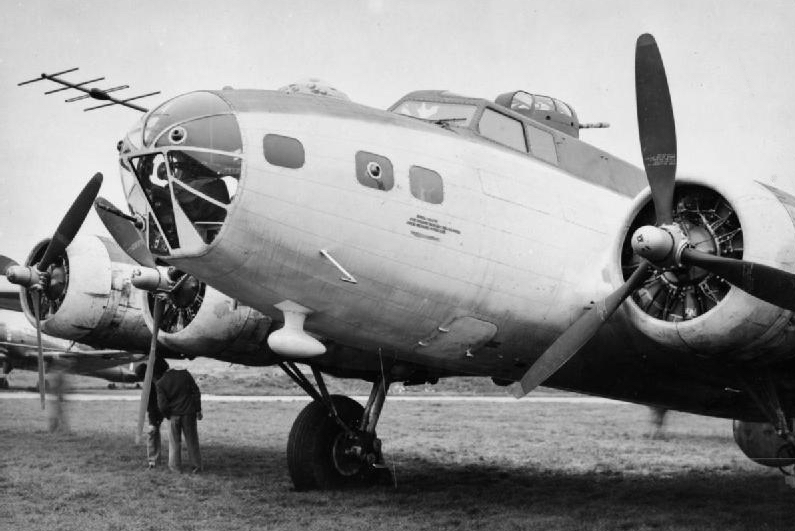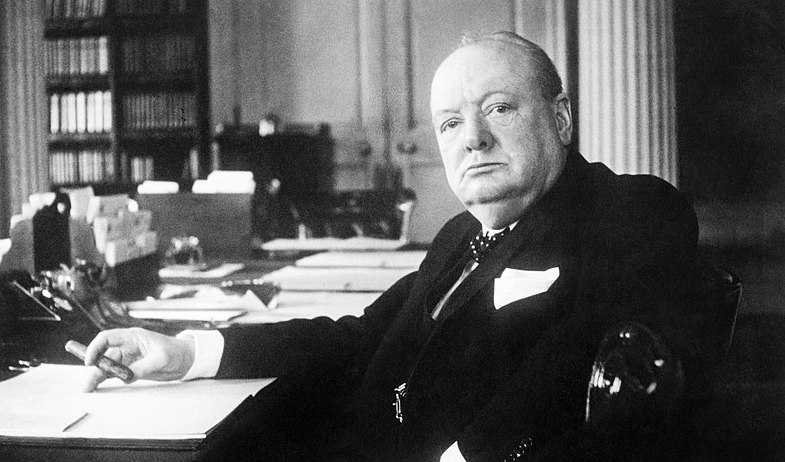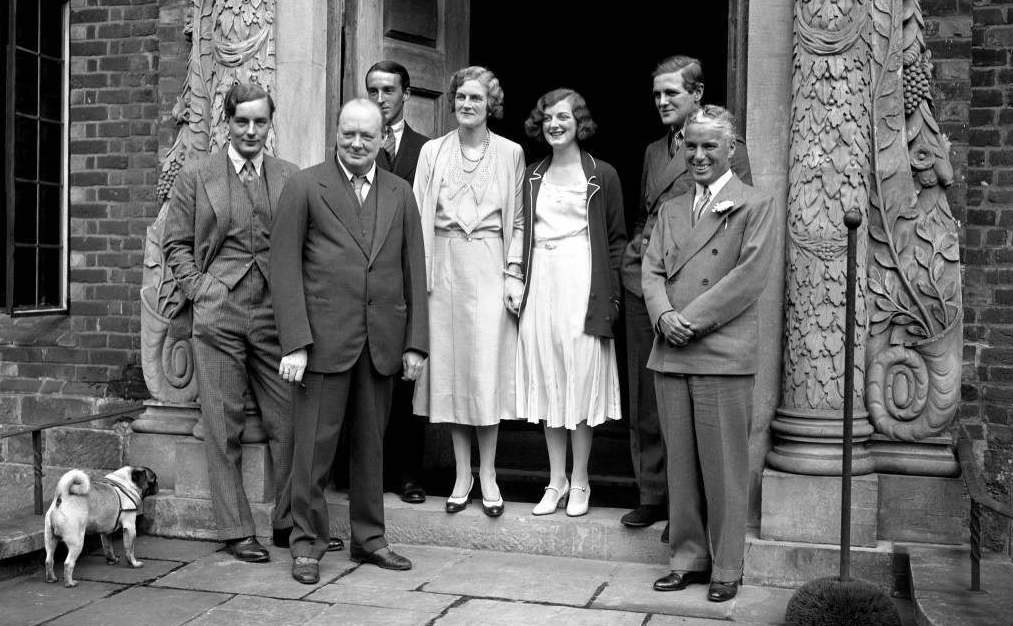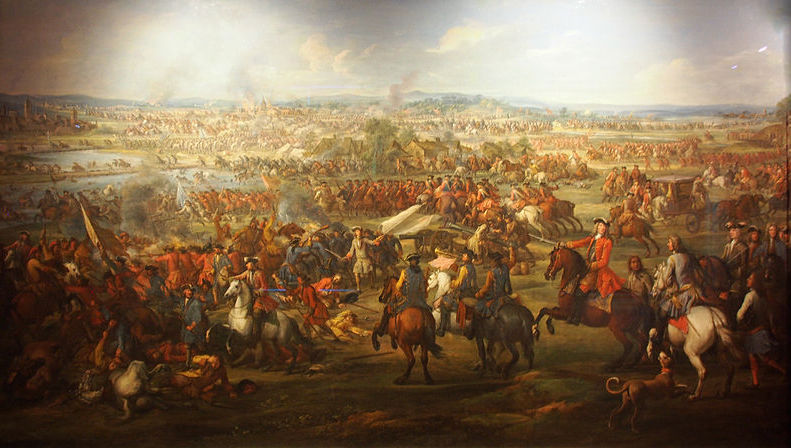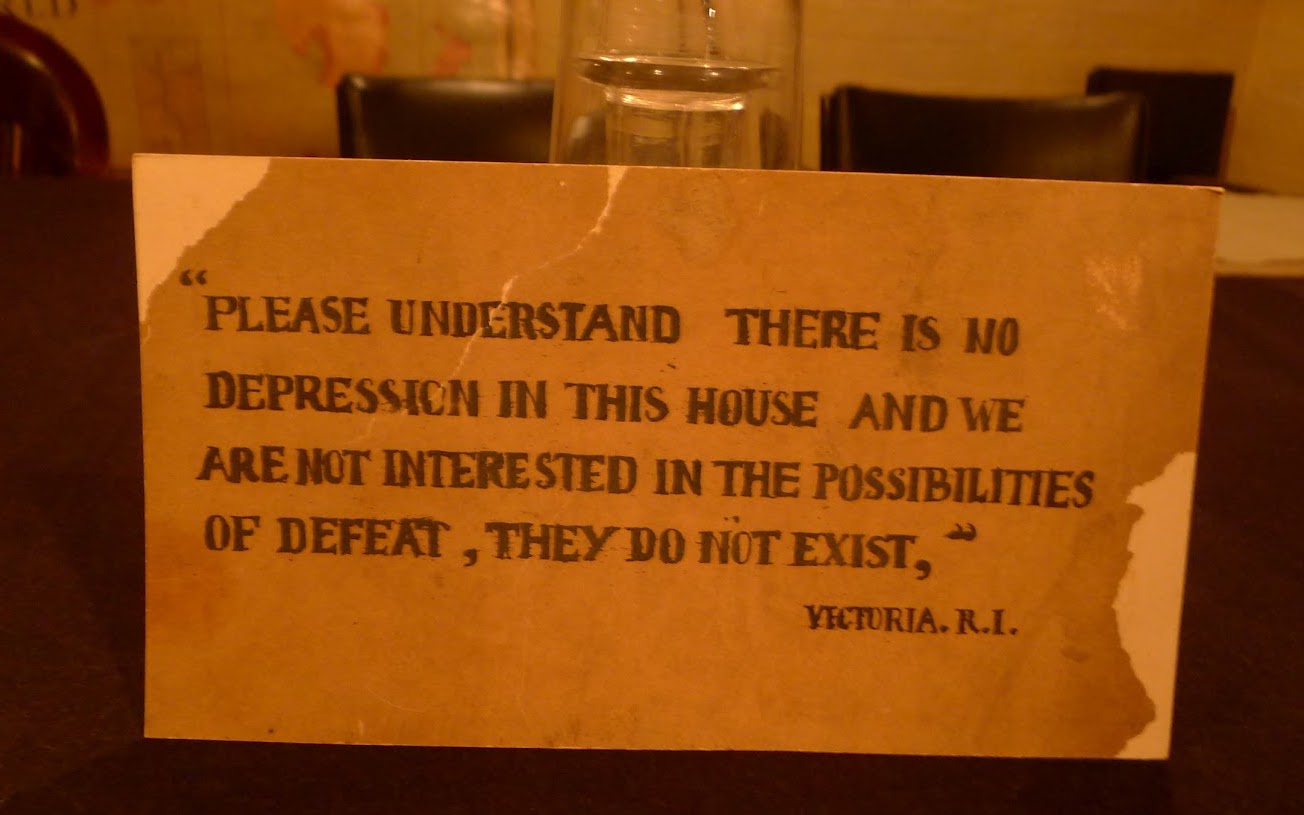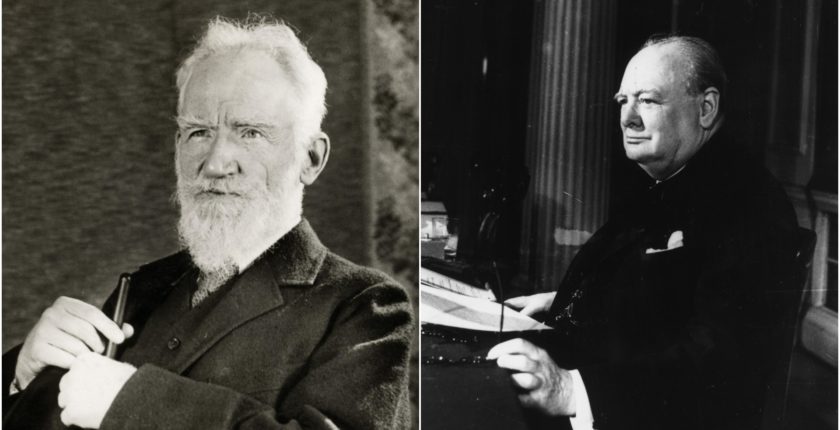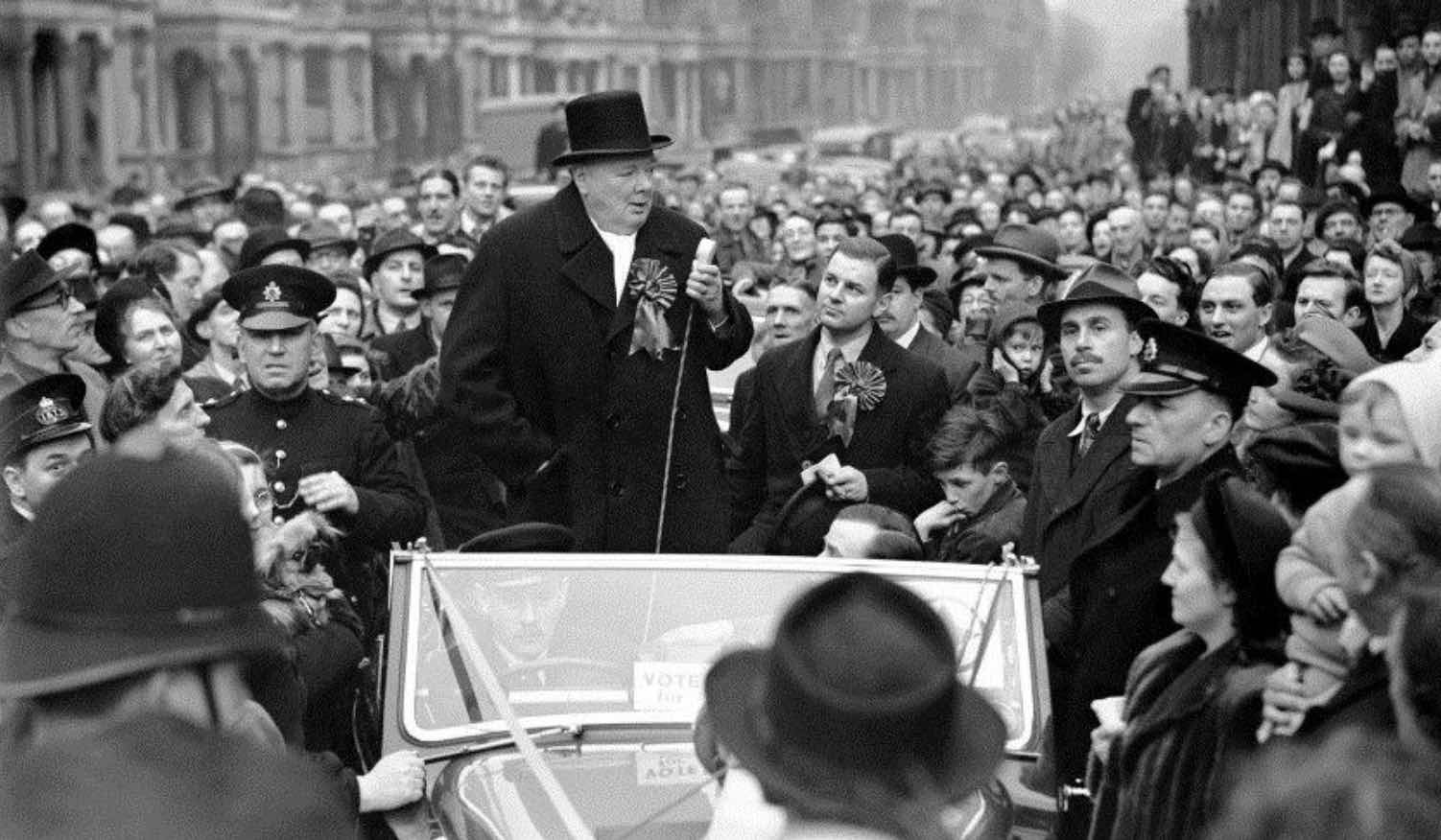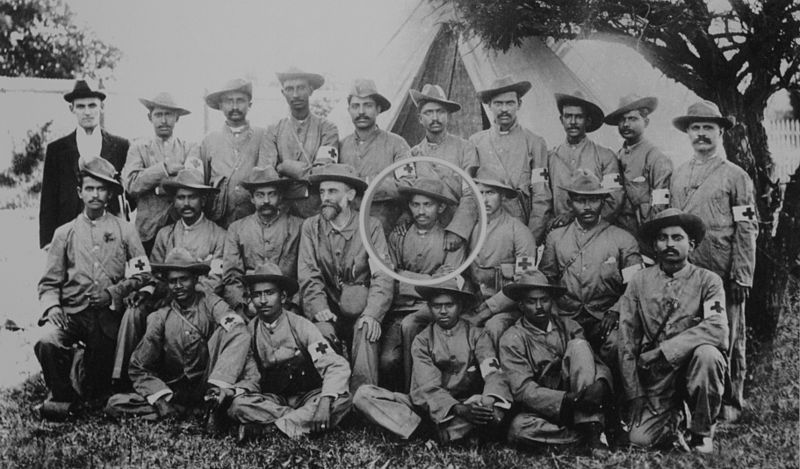
“The Art of the Possible” (1): Churchill, South Africa, Apartheid
Excerpts from “Churchill, South Africa, Apartheid” an article for the Hillsdale College Churchill Project, June 2020. For the complete text with endnotes, please click here. This article is dedicated to the memory of Nelson Mandela (1918-2013), whose Churchillian magnanimity was a model for his time—and even more for ours.
Part 1: 1902-1909In “Apartheid: Made in Britain,” Richard Dowden argued that Britain not South Africa cost black South Africans their rights. His account is factual as far as it goes, but there is more to say about Churchill’s effort to achieve justice in South Africa.…
